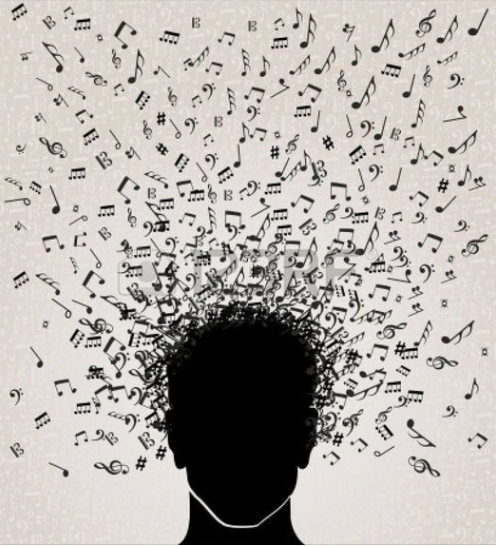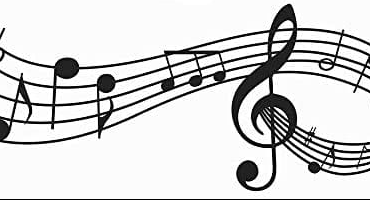I remember a few years ago learning a song that had a lot of fast notes and a tricky note pattern. I was learning it by ear and memorizing as I went. Once I learned it, I had some trouble playing it through with no mistakes. It was late at night, and I decided to go to sleep and try again the next day. In the morning I woke up and played the song. I played it up to speed with no mistakes the first time. I thought about this and put it together with other thoughts I have about the learning process and decided sleep is a key factor. It’s not just a rested mind that can think better but what our brains do as we sleep.
“I had a computer many years ago that had a maintenance process that would defragment the hard drive. To my understanding it would take all the bits of information and put them in order so that when the computer was performing various tasks it would be able to recall the information in a systematically efficient manner. Although defragmenting the hard drive is probably an elementary process compared to what our brains are capable of, it must has similarities.
“What I learned from these observations is that the learning process is most efficient when we do learn each day and then sleep so that are brains can process what we learned and prepare us for the next day. We all know that cramming for a test is not as good as studying in increments over a longer time span. I think this concept goes for music practice as well. It is better to practice for 30 minutes each day than for 2.5 hours on lesson day. I know it can be challenging for some people to establish a practice routine every day, but you will be better off if you do.
~Jason Theiste



